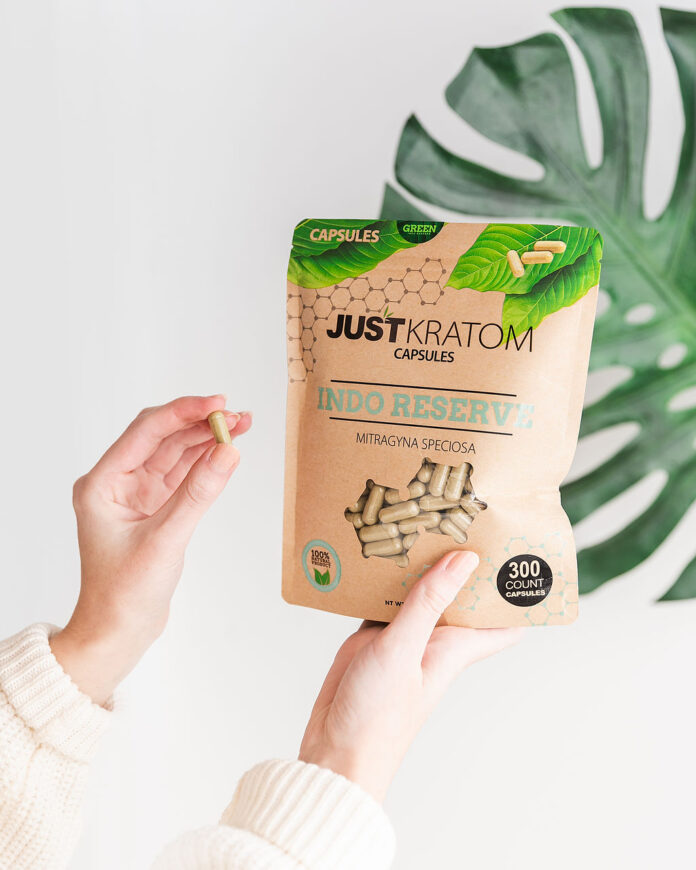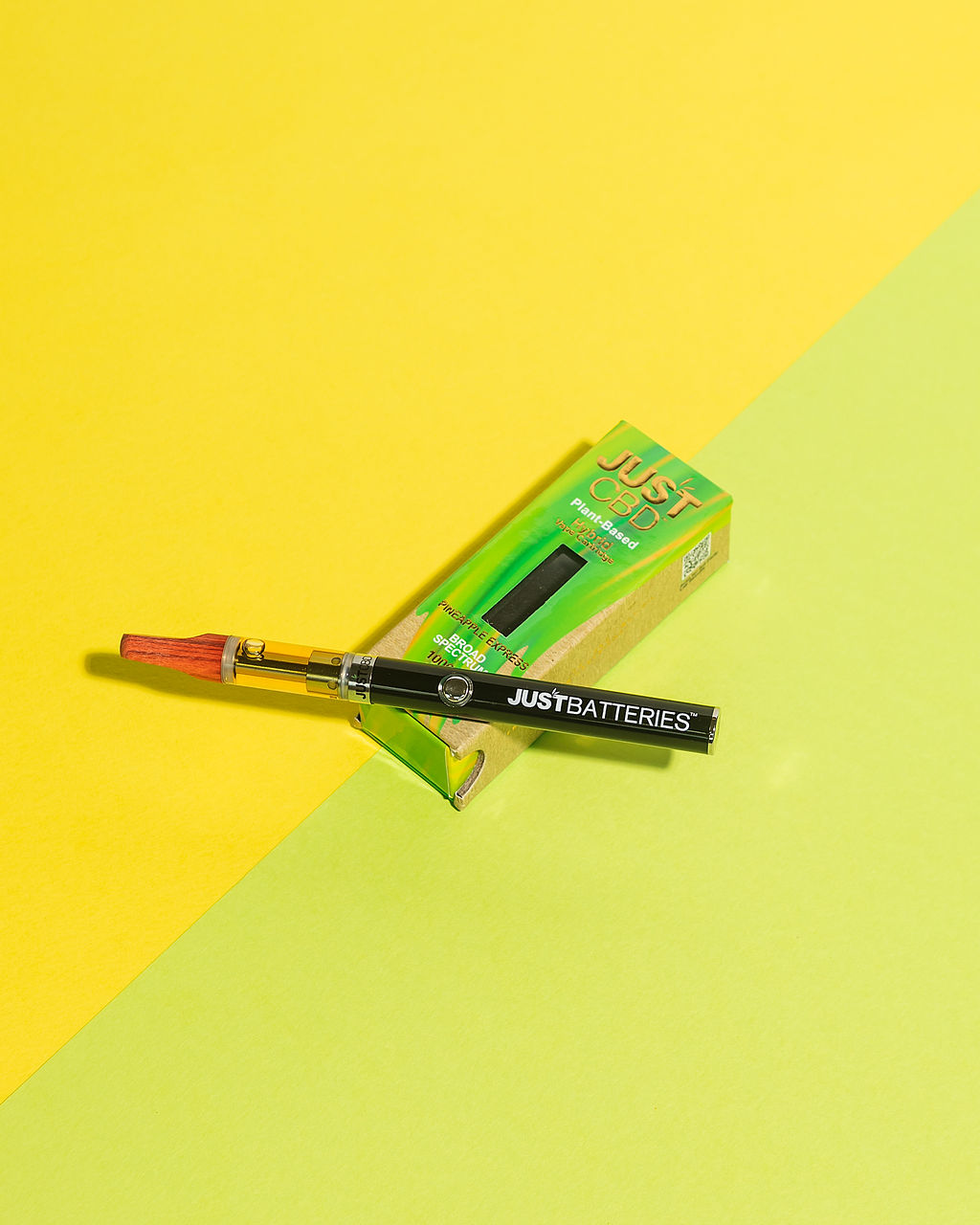Potential Benefits of Kratom for Anxiety and Depression
Kratom, a tropical plant native to Southeast Asia, has gained increasing attention for its potential therapeutic benefits, particularly in managing anxiety and depression. Advocates claim that kratom’s alkaloids, mitragynine and 7-hydroxymitragynine, interact with opioid receptors in the brain, producing mood-boosting and calming effects.
Mechanism of Action
Kratom proponents suggest that its alkaloid compounds, specifically mitragynine and 7-hydroxymitragynine, may bind to opioid receptors in the brain. These receptors are involved in regulating pain perception, pleasure, and mood. By interacting with these receptors, kratom is believed to produce analgesic, euphoric, and anxiolytic (anxiety-reducing) effects.

The potential mechanism behind kratom’s purported benefits for anxiety and depression may involve its ability to modulate neurotransmitter activity in the brain. For instance, kratom has been shown to potentially increase levels of dopamine, a neurotransmitter associated with pleasure and reward. It may also influence serotonin, a neurotransmitter linked to mood regulation.
Anecdotal Evidence and User Reports
Many users report that kratom helps alleviate symptoms of anxiety and depression. They describe feelings of calmness, reduced stress, and an improved mood after consuming kratom. Anecdotal evidence suggests that kratom can help with social anxiety, generalized anxiety disorder, and panic attacks.
However, it is crucial to understand that anecdotal evidence does not constitute scientific proof. More rigorous research is needed to confirm the effectiveness of kratom for treating anxiety and depression.
Studies on Kratom for Anxiety and Depression
While many users report positive effects of kratom on anxiety and depression symptoms, scientific evidence supporting these claims is limited. Studies on kratom’s potential therapeutic benefits are still in early stages. Some research suggests that kratom may interact with opioid receptors in the brain, potentially leading to mood-boosting and calming effects.
There is also some evidence suggesting that kratom may influence neurotransmitters like dopamine and serotonin, which play a role in regulating mood and anxiety. However, these studies are often small and require further investigation to confirm these findings.
It’s important to note that self-treating anxiety or depression with kratom can be risky. Kratom can have adverse effects, and its long-term consequences are not fully understood. Consulting a healthcare professional is essential for proper diagnosis and treatment of mental health conditions.
Risks and Side Effects of Kratom Use
Despite growing interest in its potential benefits for managing anxiety and depression, kratom use carries inherent risks and potential side effects that should be carefully considered.
Addiction Potential
One significant risk associated with kratom use is addiction. Kratom can be habit-forming, and regular use can lead to physical and psychological dependence. The opioid-like effects of mitragynine and 7-hydroxymitragynine contribute to this potential for addiction.
Other potential side effects of kratom include nausea, constipation, itching, sweating, dizziness, dry mouth, increased heart rate, and seizures. In some cases, kratom use can lead to more serious health problems such as liver damage, respiratory depression, and even death.
It’s crucial to remember that kratom is not a FDA-approved medication for treating anxiety or depression. Its long-term effects are not well understood, and there are potential risks associated with its use.
Withdrawal Symptoms
Kratom can lead to withdrawal symptoms when use is stopped abruptly. These symptoms can be uncomfortable and may include agitation, anxiety, runny nose, muscle aches, sweating, nausea, vomiting, diarrhea, insomnia, and depression. The severity of withdrawal symptoms can vary depending on factors like the amount and duration of kratom use.
It’s important to note that kratom is a potentially dangerous substance with both short-term and long-term risks. If you are considering using kratom for anxiety or depression, it’s essential to consult with a healthcare professional to discuss the potential benefits and risks involved. They can help you explore safer and more effective treatment options.
Interactions with Medications

Kratom use carries several risks and potential side effects that should be carefully considered. One significant risk is addiction. Kratom can be habit-forming, leading to physical and psychological dependence due to its opioid-like effects.
Other potential side effects of kratom include nausea, constipation, itching, sweating, dizziness, dry mouth, increased heart rate, and seizures. In some cases, kratom use can lead to more serious health problems such as liver damage, respiratory depression, and even death.
Kratom can also interact with various medications, potentially leading to dangerous side effects. It may interfere with the effectiveness of antidepressants, opioid pain relievers, blood thinners, and other medications. Always inform your doctor about all substances you consume, including kratom, before starting any new medication or treatment.

Individuals with pre-existing health conditions, such as liver disease, heart problems, or respiratory issues, should exercise extreme caution when considering kratom use, as it can exacerbate these conditions.
Regulation and Legal Status of Kratom
The legal status of kratom varies significantly around the world. In some countries, it is legal and readily available, while in others it is completely banned. The United States has seen a patchwork of regulations, with some states prohibiting kratom entirely and others allowing it with restrictions. This inconsistency in regulation reflects the ongoing debate surrounding kratom’s potential benefits and risks.
FDA Stance on Kratom
The Food and Drug Administration (FDA) has taken a firm stance against kratom. They have issued multiple public warnings about the dangers associated with using kratom, citing its potential for addiction, adverse health effects, and lack of scientific evidence to support its safety or effectiveness for any medical condition.
The FDA considers kratom a dangerous substance and has taken steps to restrict its sale. They have also urged consumers to avoid using kratom entirely.
Legalization Status by Country and State
Kratom’s legal status is complex and varies significantly around the world.
In some countries, kratom is legal and available over-the-counter. Other nations have completely banned it due to concerns about its potential for abuse and adverse health effects.
The United States has adopted a patchwork approach to regulation. Some states have outright bans on kratom, while others allow its sale with restrictions, such as age limits or limits on potency.
The FDA (Food and Drug Administration) in the US has taken a strong stance against kratom, classifying it as a dangerous substance.
They warn consumers about the risks associated with kratom use, including addiction, adverse health effects, and the lack of scientific evidence supporting its safety or efficacy.
The FDA urges individuals to avoid using kratom altogether.
Considerations Before Using Kratom for Anxiety and Depression
Before considering kratom for anxiety and depression, it is crucial to weigh the potential benefits against the significant risks involved.
Consult a Healthcare Professional
While kratom may offer some temporary relief from anxiety and depression symptoms, its use carries inherent risks that should not be overlooked.
Kratom’s long-term effects are not fully understood, and it has been linked to addiction, liver damage, respiratory problems, and even death.
It can also interact dangerously with other medications.
Consulting a healthcare professional is essential for proper diagnosis and treatment of anxiety and depression. They can help determine the underlying cause of your symptoms and recommend safe and effective treatment options.
Dosage and Administration Guidelines
Kratom, while gaining popularity as a potential remedy for anxiety and depression, requires careful consideration due to its inherent risks.
- Addiction: Kratom can be habit-forming, leading to physical and psychological dependence due to its opioid-like effects.
- Side Effects: Potential adverse effects include nausea, constipation, itching, sweating, dizziness, dry mouth, increased heart rate, seizures, liver damage, and respiratory depression.
- Drug Interactions: Kratom can interact dangerously with various medications, including antidepressants, opioid pain relievers, blood thinners, and others.
- Legal Status: The legal status of kratom varies globally, with some countries banning it entirely while others allow its sale with restrictions. In the United States, regulations are inconsistent across states, adding to the complexity of its usage.
It is crucial to remember that kratom is not a FDA-approved medication for treating anxiety or depression, and its long-term effects remain poorly understood.
Alternative Treatment Options
Kratom, while gaining popularity as a potential remedy for anxiety and depression, requires careful consideration due to its inherent risks.
- Addiction: Kratom can be habit-forming, leading to physical and psychological dependence due to its opioid-like effects.
- Side Effects: Potential adverse effects include nausea, constipation, itching, sweating, dizziness, dry mouth, increased heart rate, seizures, liver damage, and respiratory depression.
- Drug Interactions:
Kratom can interact dangerously with various medications, including antidepressants, opioid pain relievers, blood thinners, and others.
- Legal Status: The legal status of kratom varies globally, with some countries banning it entirely while others allow its sale with restrictions. In the United States, regulations are inconsistent across states, adding to the complexity of its usage.
It is crucial to remember that kratom is not a FDA-approved medication for treating anxiety or depression, and its long-term effects remain poorly understood.
Exploring alternative treatment options may be more beneficial and safer for managing anxiety and depression. Here are some alternatives:
Therapy: Cognitive-behavioral therapy (CBT), psychotherapy, and other forms of talk therapy can help individuals understand and manage their anxiety and depression symptoms.
Medication: Antidepressants, anti-anxiety medications, and other prescription drugs can be effective in treating anxiety and depression. These should only be taken under the guidance of a healthcare professional.
Lifestyle Changes: Incorporating healthy habits into your routine, such as regular exercise, a balanced diet, sufficient sleep, and stress management techniques, can contribute to improved mental well-being.
Support Groups: Connecting with others who are experiencing similar challenges can provide support, understanding, and coping strategies.
**It’s essential to consult a healthcare professional for proper diagnosis and treatment of anxiety and depression. They can help determine the underlying causes and recommend the most suitable course of action.**
Order Kratom capsules for energy-boosting benefits
- Aesthetic Cosmetic Injectable Treatments Near West Clandon, Surrey - April 27, 2025
- Are Kratom Capsules Effective For Treating Anxiety And Depression? - April 27, 2025
- Aesthetic Cosmetic Injectable Treatments Near Sidlow Bridge, Surrey - April 26, 2025
